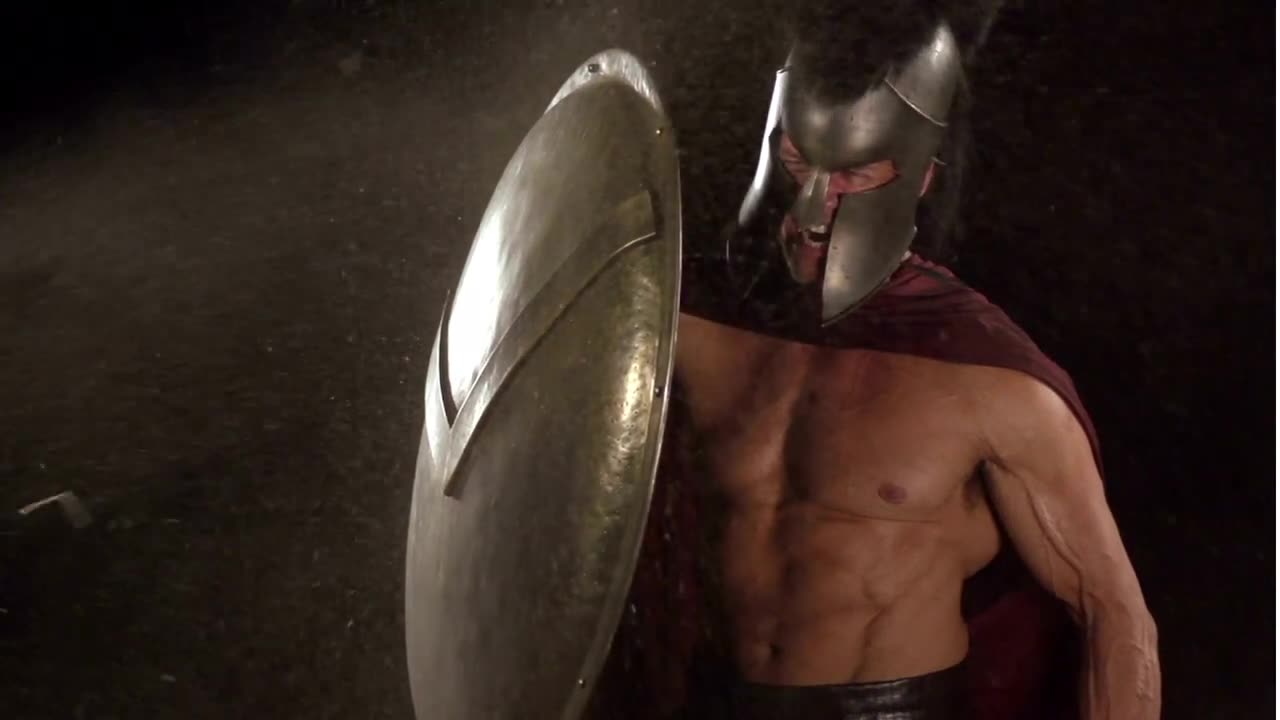Premium Only Content

The Battle of Thermopylae: 300 Spartans vs. A Million Persians - Who Will Prevail?
In 499 BC Greek cities which had been captured by the Persians in Asia Minor revolted against the brutal tyrants that had been placed to oversee them. In support of their conquered brethren, Athens and Eretria sent troops. Despite some major gains, several strategic mistakes cost the Greeks of Asia Minor their ultimate victory and the rebellion was put down.
With Asia Minor back in the fold of the Persian Empire, the Persian king Darius I vowed to punish Athens and Eretria for their involvement, and saw the rest of the free cities of Greece as a threat to his empire. In 492 BC he launched an invasion of Thrace and Macedon, then sent heralds to the remaining Greek city-states demanding they accept Persian rule. Seeking to save themselves, many agreed- with the notable exceptions of Athens and Sparta.
The Persian heralds in Athens were thrown into a pit, and their Spartan brethren followed suit by tossing theirs into a well. Enraged, Darius launched his invasion of mainland Greece and met with further success until an encounter against 10,000 Athenians in Marathon. Outnumbering the Greeks by 2.5 to 1, Darius saw an easy win- only for the Athenians to achieve a dramatic victory and force Darius to retreat.
Nursing a very wounded ego, Darius planned an imminent re-invasion, with plans to raze Athens to the ground- but internal politics delayed these plans and Darius died of old age. Seeking to avenge the pride of his dead father, Xerxes prepared for a decisive campaign to end Greek independence forever.
Remembering well the lessons at Marathon, Xerxes took his time to build a sizable force. Though some historical accounts tell of a force up to 2.5 million strong- these are almost certainly gross exaggeration, and it's more likely that Xerxes marched with 200,000 to 250,000, though for the ancient world this would certainly have been an incredible and mind-boggling number. Xerxes plan was simple: march into Greece through the north, and outflank any Greek defenders by landing his navy behind them along the Greek coast.
-
 LIVE
LIVE
Stephen Gardner
13 minutes ago🟢YES! Trump’s Doing It! Ben Shapiro UNLEASHES on Democrat STUPIDITY!
1,002 watching -
 1:50:29
1:50:29
The Quartering
2 hours agoEpstein Victims To NAME People, Mutiny Over RFK Jr, Trump Turns On Warp Speed?
105K23 -
 LIVE
LIVE
Dr Disrespect
4 hours ago🔴LIVE - DR DISRESPECT - METAL EDEN - NEW 2025 SCI-FI FPS LAUNCH STREAM
1,410 watching -
 LIVE
LIVE
StoneMountain64
2 hours agoBattlefield's Easter Egg Phantom Project is STILL ALIVE
148 watching -
 LIVE
LIVE
Film Threat
20 hours agoMARVEL ZOMBIES! PLUS DEXTER RESURRECTION | Hollywood on the Rocks
67 watching -

Jeff Ahern
1 hour agoNever Woke Wednesday with Jeff Ahern
3.14K -
 13:43
13:43
The Kevin Trudeau Show Limitless
6 hours agoClassified File 3 | Kevin Trudeau EXPOSES Secret Society Brainwave Training
11.2K4 -
 10:04
10:04
Freedom Frontline
3 hours agoBernie Sanders EXPLODES After Starbucks CEO FIRES BACK With Truth
101 -
 LIVE
LIVE
SportsPicks
3 hours agoCrick's Corner: Episode 75
53 watching -
 1:06:30
1:06:30
LindellTV
2 hours agoMIKE LINDELL LIVE AT THE WHITE HOUSE
10.8K